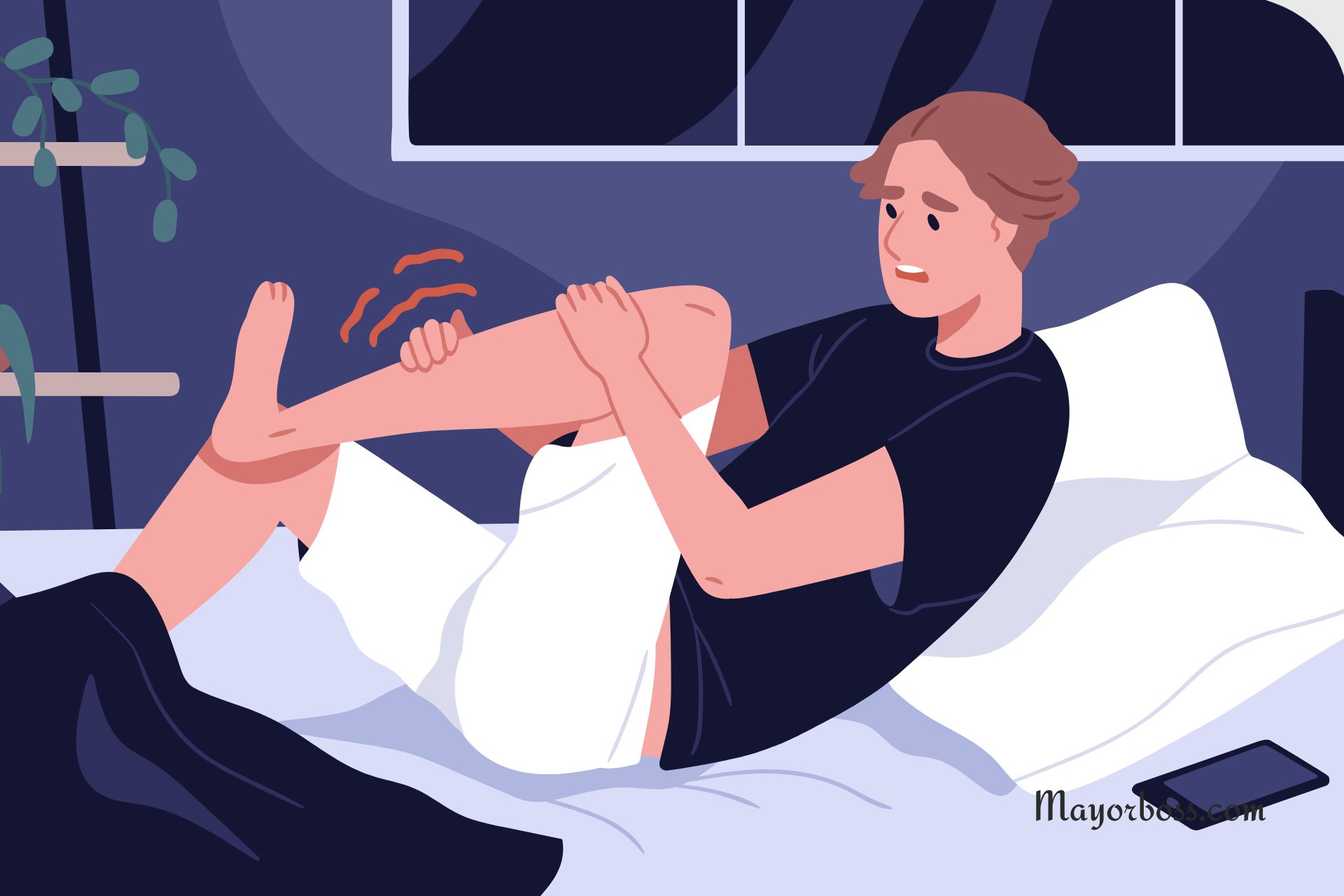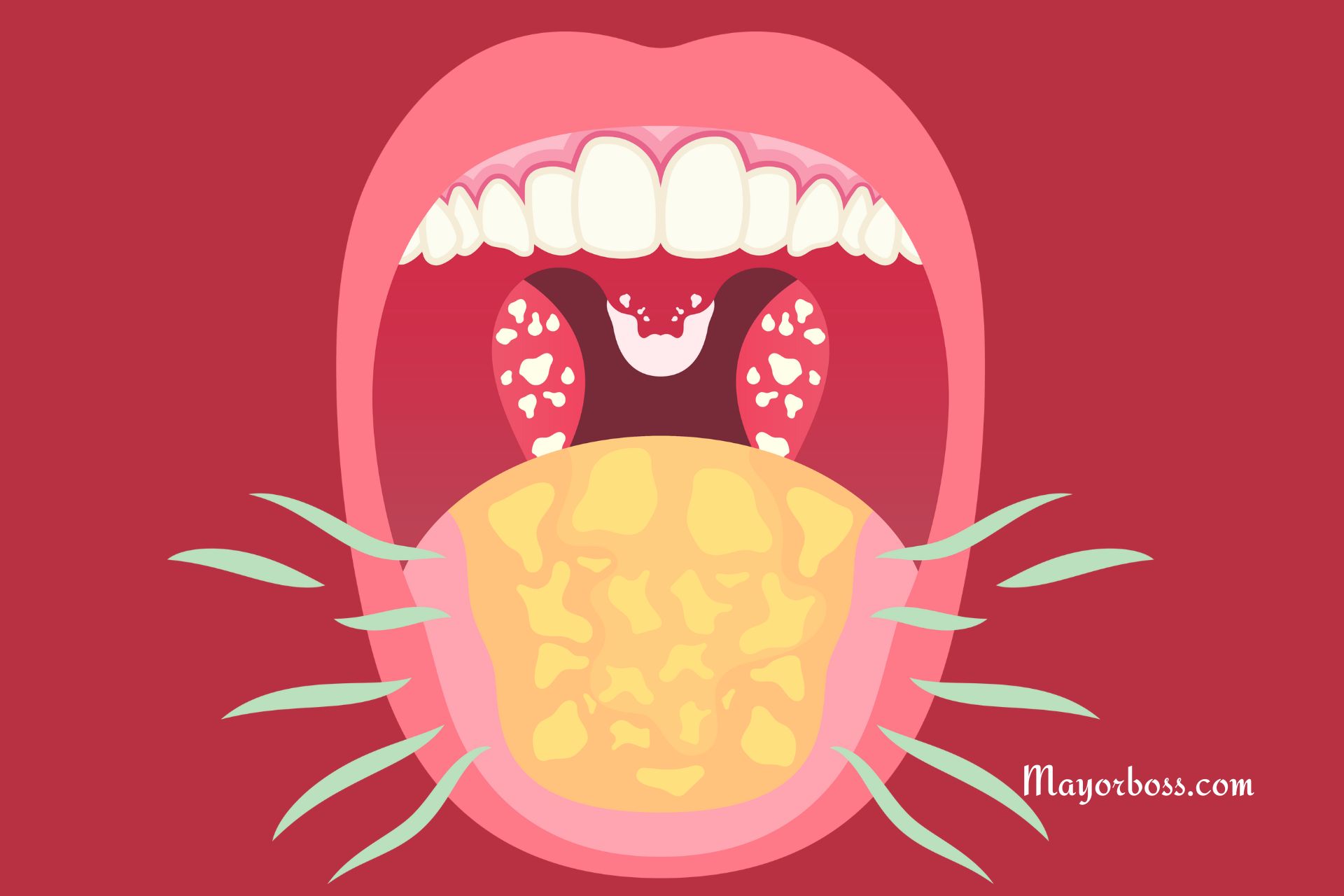Signs You’re Eating Too Much Junk Food
We all love eating chips, burgers, doughnuts, candy, soda, or pastries every now and then. It’s okay to enjoy junk food in moderation as long as it doesn’t become a habit. But how do you know if you’re eating too much junk food? Medical experts have proven that too much junk food can cause problems for your body, such as weight gain, high blood pressure, or even issues like diabetes and heart disease.
Here are some signs that you might be eating too much junk food and why they matter.

You Feel Tired Even After a Good Night’s Sleep
If you’re sleeping enough but still feel tired, junk food might be the problem. Junk food doesn’t have the vitamins, like Vitamin B or Vitamin C, minerals like Iron or Calcium, and proteins your body needs to stay energized. Without these important nutrients, you can feel sluggish. Junk food is also high in sugar and unhealthy fats, which can spike your energy and then crash, leaving you feeling even more tired.
You Are Gaining Weight Quickly and Can’t Stop
Gaining weight fast is a prominent sign that you’re consuming too much junk food. Junk food like chips, candy, and fast food has lots of calories from sugar and unhealthy fats. These foods don’t fill you up, so you eat more than you should. Numerous studies show that when you consume more calories than you burn, you gain weight, and this can happen fast if you eat a lot of junk food.
Your Skin Is Breaking Out More
What you eat can affect your skin. Eating too much junk food, especially sugary and fried foods, can make you break out. Sugar can generally spike your insulin levels, which can lead to oily skin and clogged pores. Greasy foods can also cause inflammation, which makes your skin more likely to have acne.
You Keep Craving Junk Food
Junk food is designed to be addictive. It’s full of salt, sugar, and fat, which makes your brain want more. If you find yourself reaching for chips or cookies even when you’re not hungry, it could mean your body is getting used to these foods and wants them for a quick reward. This can lead to a cycle of eating more and more junk food.
You Feel Bloated and Have Digestive Problems
If you have stomach issues like bloating or constipation, you might be eating too much junk food. Junk foods often don’t have fiber, which is important for good digestion. They also have a lot of salt, which in particular, can make your body hold onto water, causing bloating and discomfort.
You Feel Moody or Anxious More Often
What you eat can affect your mood. If you feel more irritable or anxious lately, junk food could be part of the reason. Junk food causes big swings in your blood sugar, which can change your mood. Plus, a lack of important nutrients like omega-3 fatty acids, vitamins, and minerals can affect how your brain works and make you feel more anxious or even depressed.
You Have Trouble Concentrating
Your brain needs good fuel to work well. If you’re having trouble focusing or remembering things, junk food could be the problem. Junk food doesn’t have the omega-3s, antioxidants, and vitamins that help your brain stay sharp. It’s also high in sugar, which might give you a quick boost but leave you feeling foggy soon after.
You Get Sick All the Time
If you catch colds often, it might be because your diet is hurting your immune system. Junk food is low in the vitamins and minerals your body needs to fight off germs. If you don’t get enough vitamin C, vitamin D, or zinc, your body can’t defend itself well, which makes you more likely to get sick.
Your Sleep Quality Is Poor
Eating junk food at night can make it hard to sleep well. Foods high in sugar or caffeine can keep you awake or make it hard to get deep sleep. Even if you fall asleep, the poor quality of your sleep might leave you feeling tired the next day. If you’re struggling to sleep, it might help to cut back on late-night junk food.
You Have High Blood Pressure
Eating lots of junk food can raise your blood pressure over time. Junk foods are often full of salt, which makes your body hold onto water and can increase your blood pressure. This is bad for your heart and raises your risk of heart disease. If your doctor says your blood pressure is high, you should try to cut down on salty, processed foods.
Your Physical Fitness Is Getting Worse
If you eat a lot of junk food, you might notice that you get tired easily when you exercise. Your muscles might feel weaker, too. Junk food doesn’t have the protein, healthy fats, and carbs that your body needs for energy and muscle repair, which means your fitness levels can suffer.
You Don’t Feel Full After Meals
Junk food often leaves you feeling hungry soon after eating. That’s because it doesn’t have enough protein or fiber, which are important for feeling full. Instead, junk food has empty calories that give energy without nutrients, making you overeat and causing health issues.
How to Cut Down on Junk Food
Cutting down on junk food can be tough, especially if you’re used to eating it often. But keep in mind that making these changes can help you feel better, have more energy, and enhance your overall health. Here are some tips to help:
- Begin Small: Don’t try to quit all junk food at once. Instead, reduce how much you eat little by little.
- Replace Snacks: Swap chips and candy for healthier snacks like fruit, nuts, or yogurt.
- Plan Your Meals: Planning your meals can help you avoid reaching for fast food when you’re hungry.
- Stay Hydrated: Sometimes you crave junk food because you’re actually thirsty. Drink lots of water during the day to help curb cravings.
- Get Enough Sleep: Not getting enough sleep can make you crave unhealthy foods, so try to rest well.






